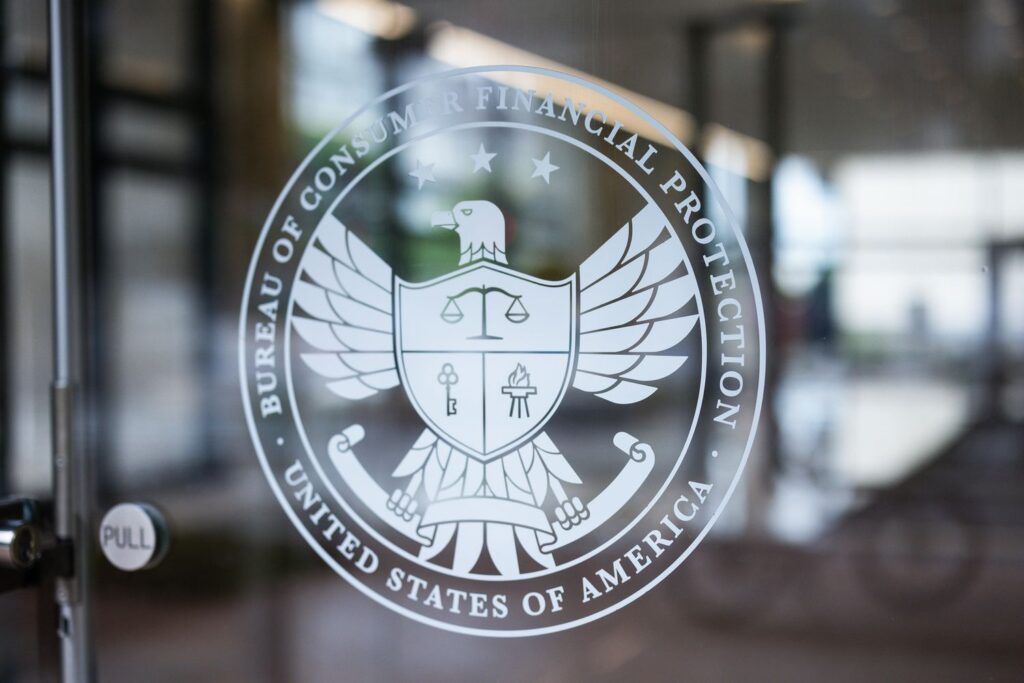Key Takeaways
The Consumer Financial Protection Bureau has proposed rules that would require lenders to offer assistance to struggling homeowners before starting foreclosure proceedings.
The rules mirror temporary regulations that have been in place during the pandemic.
Foreclosures are relatively rare but spike during economic downturns.
The government’s consumer credit watchdog is trying to make it a little harder for banks to foreclose on homes after people fall behind on their payments.
The Consumer Financial Protection Bureau (CFPB) proposed rules on Wednesday aimed at making it easier for homeowners facing foreclosure to get financial assistance from lenders and help them keep their homes.
The rules build on temporary regulations put in place during the pandemic and are intended to allow financially struggling homeowners to participate in more home repayment plans after suffering an economic hit.
“Ensuring that struggling homeowners can get the help they need without unnecessary obstacles is good for borrowers, good for servicers, and good for the economy as a whole,” Director Rohit Chopra said in a press release. “The CFPB’s proposal will reduce avoidable foreclosures and make mortgage markets more resilient to future crises.”
Foreclosures are less common than they used to be, but they remain significant
Foreclosures have historically been relatively rare — only about 100,000 properties were in any stage of foreclosure nationwide in the first quarter, according to real estate data provider ATTOM Data, down slightly from just before the pandemic — but foreclosures have been much more common during past financial crises, reaching more than 900,000 during the height of the Great Recession.
The new rules would require mortgage services companies to work with homeowners to help them before starting the foreclosure process, cap fees and require lenders to inform borrowers of their options in language tailored to their situation and in the borrower’s language.
The rules would apply to lenders with more than 5,000 customers, officials said in a conference call with reporters. It has not yet been decided when they will go into effect once finalized.



